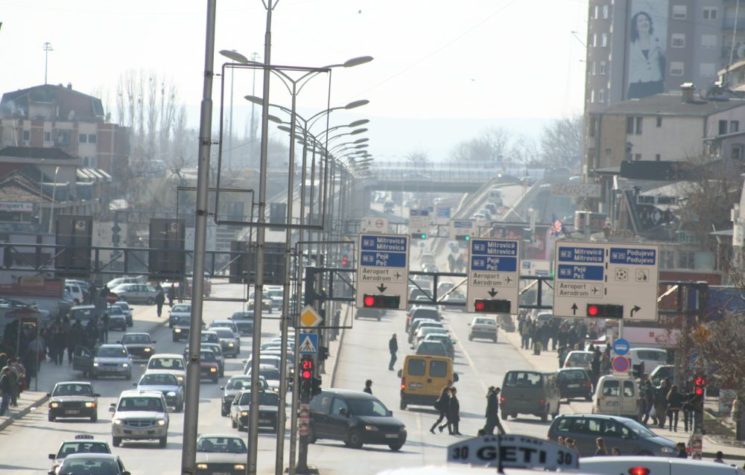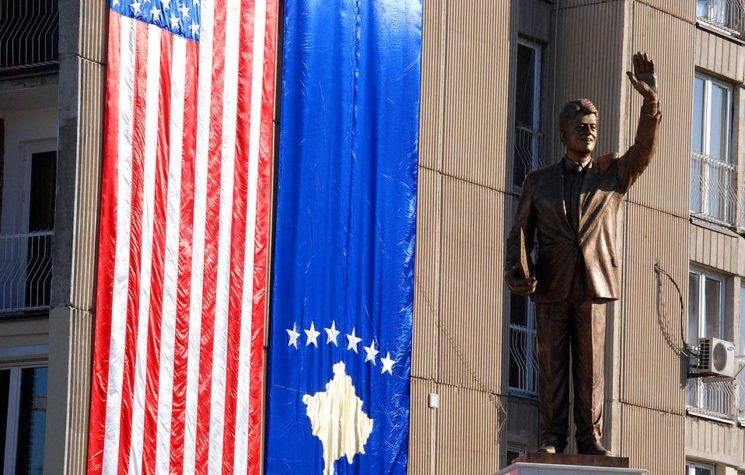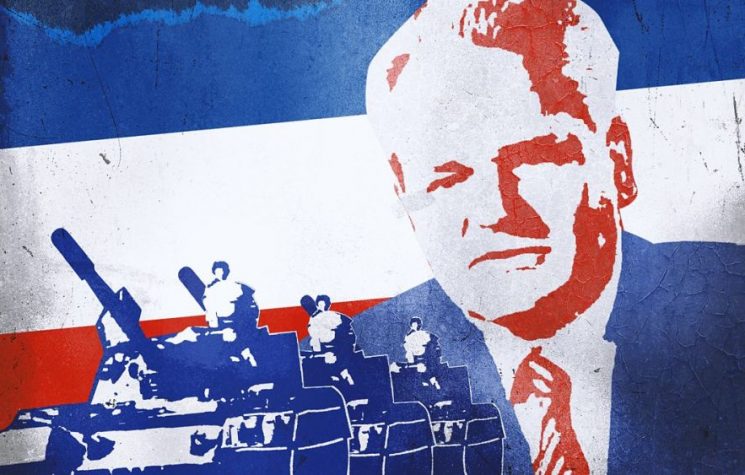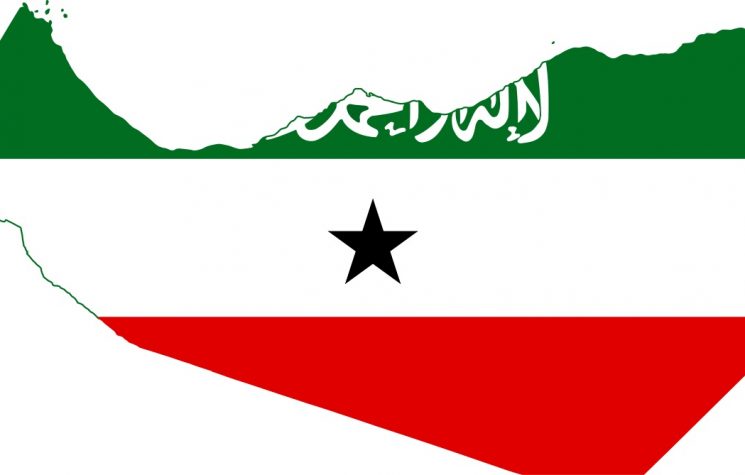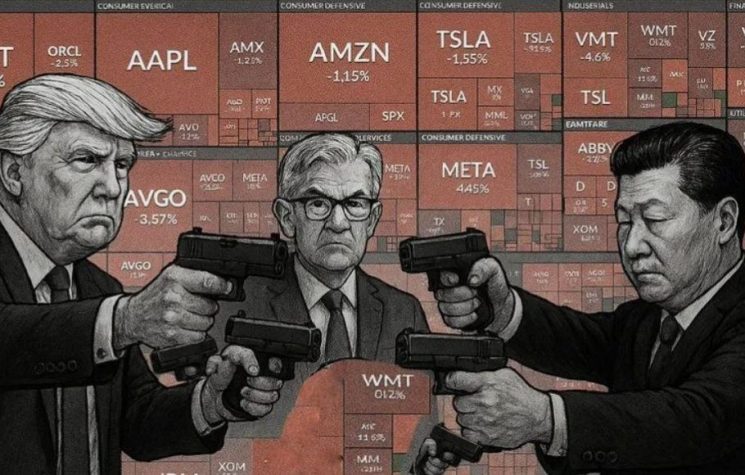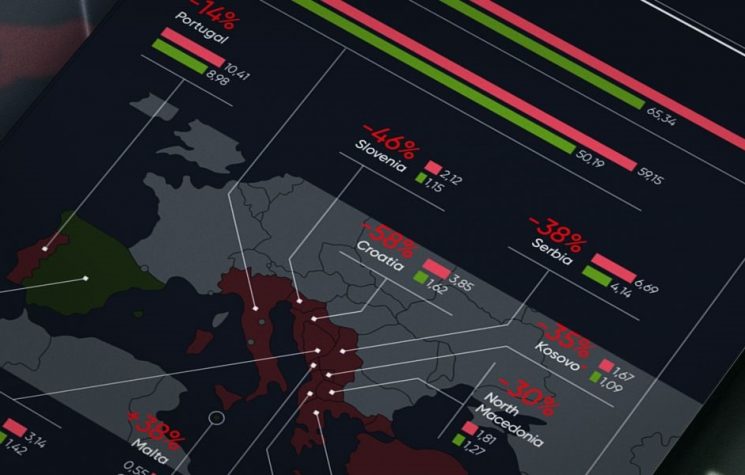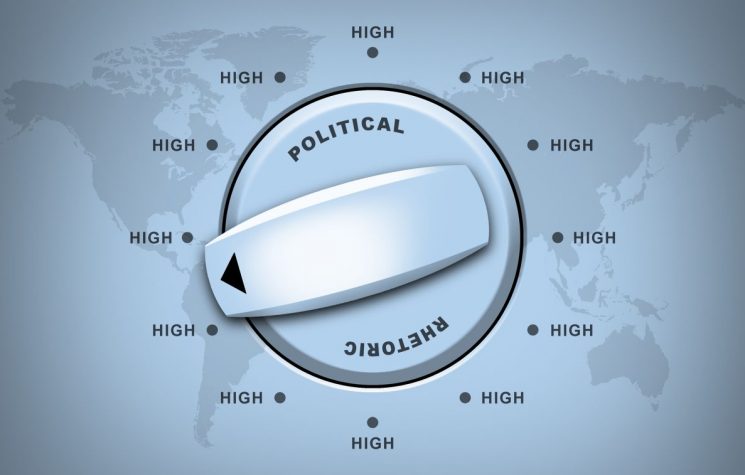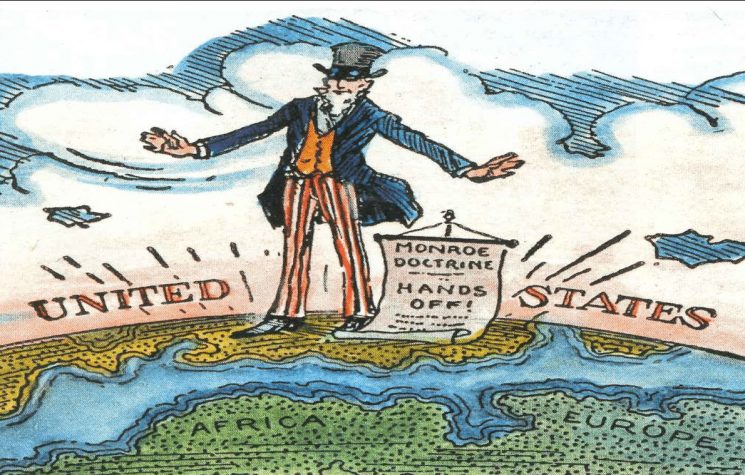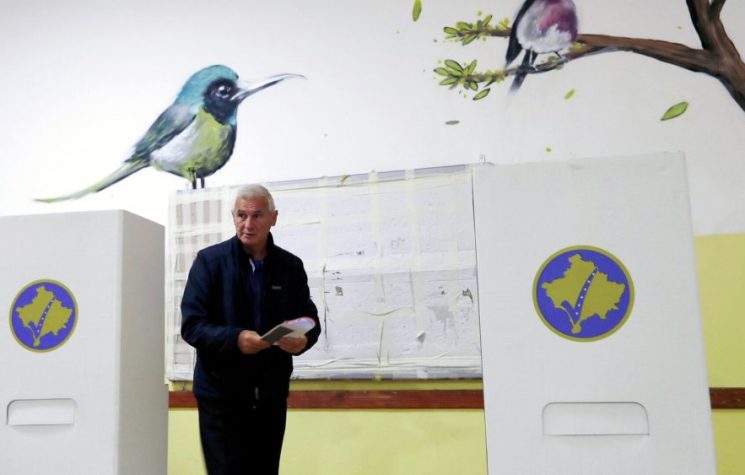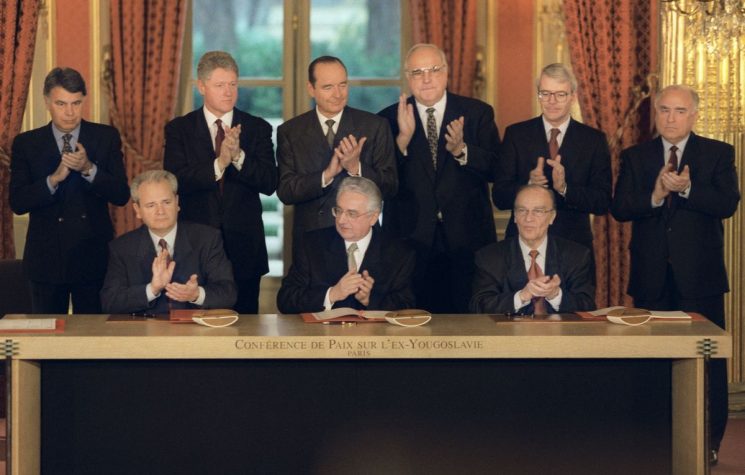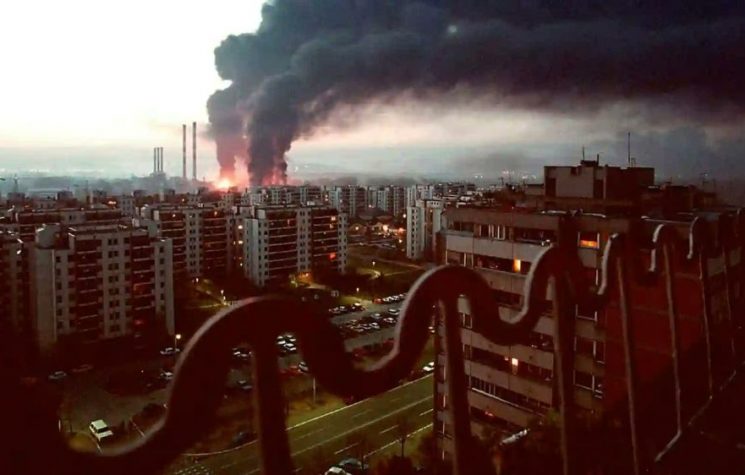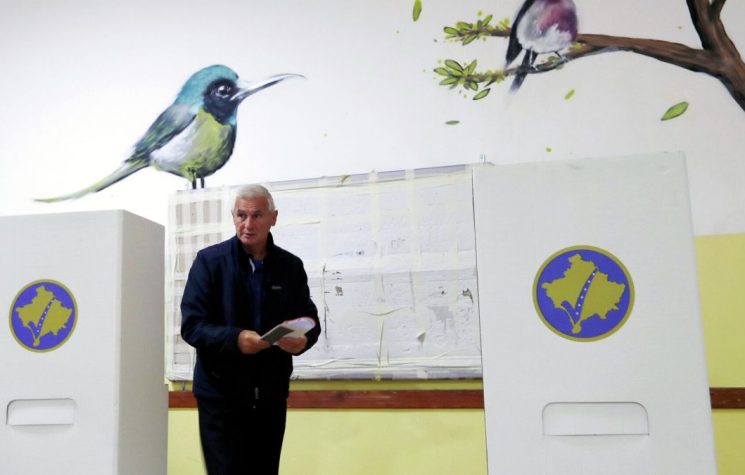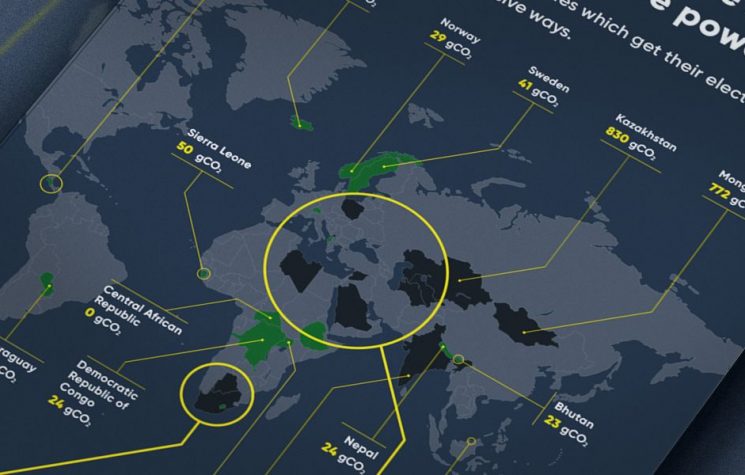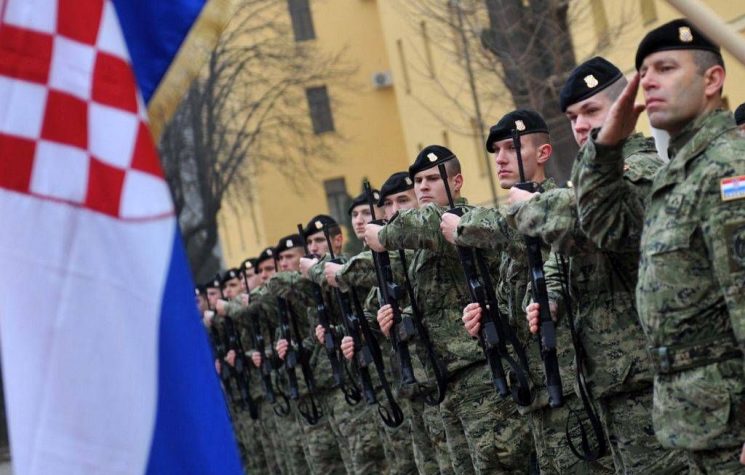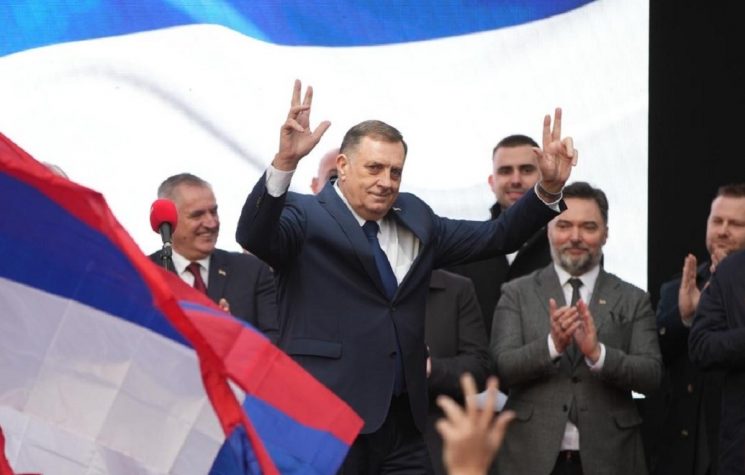What constitutes water can be scientifically proven beyond any doubt, now what constitutes a nation-state is a far more organic question than it would seem. Each of us is very used to seeing maps with the same countries and lines on it throughout the years and take their existence as a given. But depending on where a map comes from its borders may actually look very different. One of these countries to some and non-countries to others is Kosovo which gradually continues to lose the support of the states that recognized it into existence. Furthermore, this sheds light on how UN doctrine strongly leans the atomization of nations and the recognition of new states rather than long term stability.
Serbian Foreign Minister Ivica Dacic has recently stated that the government of Sierra Leone has withdrawn its recognition of Kosovo as a state. According to Fort Russ News 18 nations have already changed their minds about the status of the small Balkan entity and there is a no indication to believe this trend will stop. Documents received by Serbian state news agency Tanjug explain the motivations behind Sierra Leone’s change of heart.
“The government of the Republic of Sierra Leone is of the considered view that any recognition it had conferred (expressly or by necessary implication) on the independence of Kosovo may have been premature,”
This seems like a polite way of saying the Serbs gave them some unknown good reason to change their minds. Minister Dacic claims that bilateral relations between the nations have improved, but it is hard to imagine that there are critical deep ties being rebuilt between Serbia and this tiny part of Africa. If there is any trade between these two countries it is so nominal that Sierra Leone is not even mentioned in the list of Serbia’s top trade partners, meaning that their motivations for making this change probably have very little to do with “bilateral relations”.

Graph: The amount of nations to recognize or not recognize Kosovo hasn’t changed its UN or other status.
It is possible that America’s decline as the only world Hyperpower could be a factor in Sierra Leone’s recognition reversal. Often smaller nations kiss up to the big dog by voting for whatever they want at the UN, especially issues that don’t particularly affect them. Russia and China do not recognize Kosovo, and Russians see the region as being stolen from their brother/cousin Serbs by their multi-generation enemy the United States. So perhaps there could actually be an element of Russian pressure especially since the Russians are working out plans to make some investment moves in the region.
It is almost impossible to conclusively prove the motivations behind decisions but as it stands now it is a fact that a minority of UN member states recognize Kosovo and others may jump on the boat soon according to the Serbian side.
This leads one to wonder, at what point, if this “unrecognition” trend continues, will Kosovo stop being considered a nation-state? At what point will the English version of Google Maps have to be updated? Where is the cutoff point? The answer may surprise you.
According to UN policy (not Kosovo is not in the UN but overwhelming majority of the world is) for a state to be recognized it potentially needs to either be recognized by at least one UN member state OR “satisfy the declarative theory of statehood” by having: “a defined territory, a permanent population, a government, and a capacity to enter into relations with other states.”

Photo: Serbia and Kosovo so close yet so far.
This view of statehood sets the bar as absolutely bottom basement low for recognition. This logic reflects a hyper optimistic towards breakaway states being recognized. If the UN’s mission was to strive for stability/maintaining a global status quo or to suit the needs of the big players then one would expect that the standards for the recognition of statehood would be extremely high, maybe even so high that they would be practically impossible. Change creates instability and the bigger you are the more territory you have the opportunity to lose due to some Catalonia or Scotland getting uppity.
If gaining statehood were to be nearly impossible then this is good for global stability (civil war and breakaways become less viable) and the big dogs’ empires would feel no threat from troubled regions.
The Lakota Indians in the north of the United States, could easily (and may already) meet the extremely loose criteria for statehood as do probably dozens of other regions around the world. In one moment of weakness the Chinese and Russians could do to America via the Lakota Indians exactly what the US did to Serbia and the USSR – recognize everyone who wants to break away. If recognition standards were much higher, there would be “no hope” for secessionists.
Although the prerequisites for statehood are low paradoxically they also mean that it is very hard to delete state from the books. In terms of Kosovo, even if the rest of the world dumped their recognition, as long as the US still had relations with them they could still very well continue along as a recognized entity.
So despite Serbian optimism nation-state recognition is very much on the side of small breakaway states (except for the ones the Russians recognize of course, Russia is always the exception) and even if support for Kosovo continues to erode nothing will ultimately change until Washington changes its mind.
Perhaps it is arrogant from a small Moscow rental apartment to claim that a principle of international relations that has been used for decades is wrong but this optimistic view that any territory that gets a “government” could potentially become a real recognized state is bad for global stability and bad for maintaining large powerful nations that ultimately drive history and humanity forward. The Kosovo “incident” provides a lot of food for thought about how things should be done in international relations, and it may be time to rethink some established reasoning that we simply accept because it has been around for a long time.








